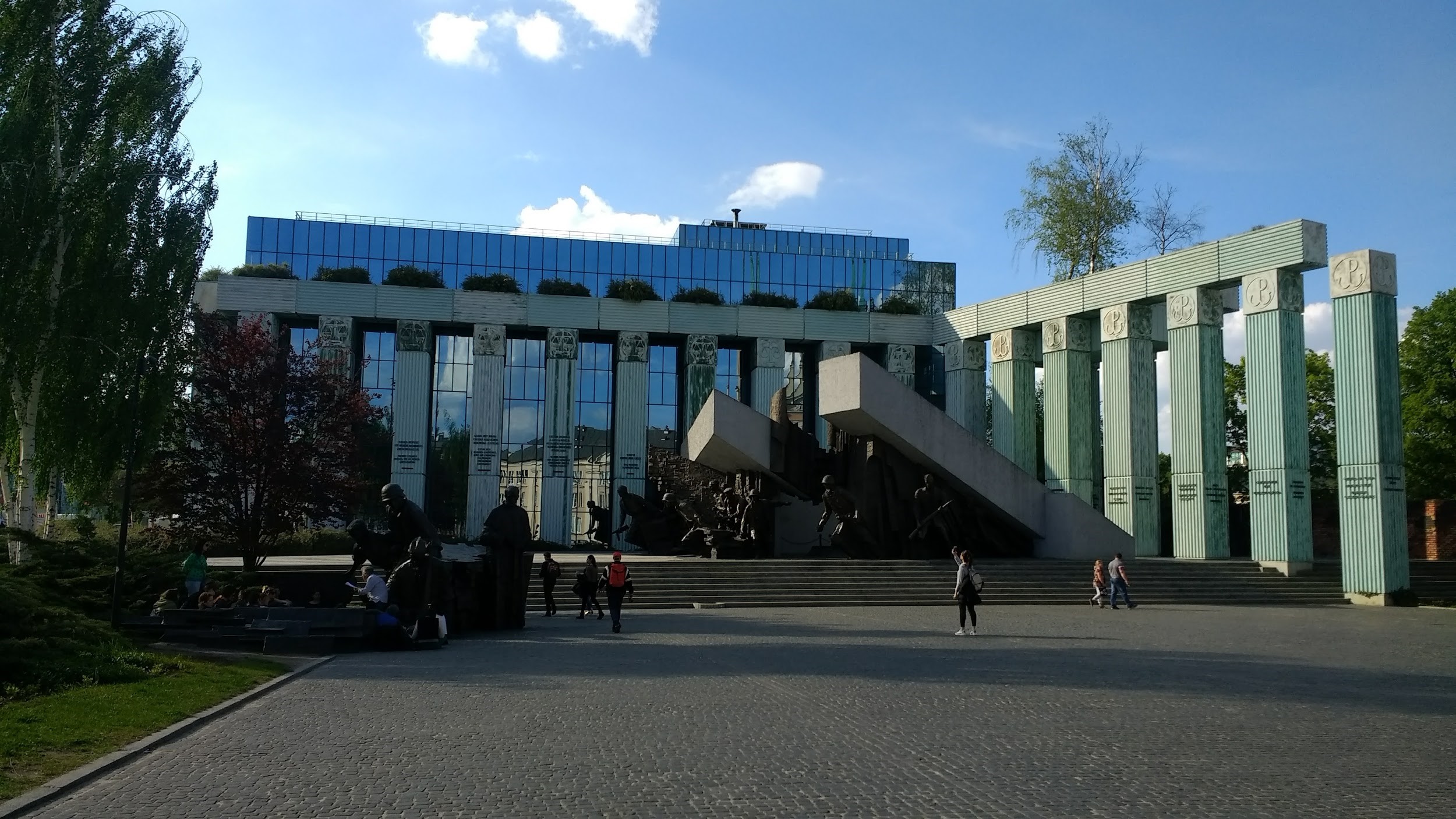After wondering and wondering how to best use my Luczkowski-Habash Polish Studies Award, it finally came to me. I have spent much of my summer babysitting my Polish “cousins,” and by “cousins,”
I mean very close family friends of my parents. These two girls are three and six years old. Although their mother is the daughter of Polish immigrants, the Polish language has not fully made its way to them. So, I decided to put my scholarship and long hours of babysitting to use by teaching these two “cousins,” Emily and Sarah, how to speak Polish.
Learning the basics of Polish allowed these two girls to better communicate with their grandparents and great grandma who live just down the street. Improving Emily’s and Sarah’s skills also removed the burden of their grandparents of having to speak in broken English just to talk to their granddaughters. With my scholarship money, I was able to buy them all the supplies they needed, from notebooks and pencils to Polish flash cards, to develop their limited Polish. A more exciting item I purchased for Emily and Sarah was a small pink purse that actually spoke and sang in Polish. I hope to be able to find more Polish-speaking toys for these two girls.
Although getting two little girls to sit and focus can be pretty difficult, I got the girls to practice their flash cards every week. I also chose to speak to Emily and Sarah in Polish throughout my days of babysitting. By speaking to the girls in Polish, I improved my own language skills as well as their understanding ability. Having Emily and Sarah hear Polish on a more regular basis vastly improved their strength in their family’s native language.
My favorite memory from babysitting the girls this summer was taking Emily and Sarah to the Toledo Zoo for a day. Our trip to the zoo was a learning experience in itself. The girls were able to learn the names of all the animals we saw in Polish. Emily a
nd Sarah were so excited to see the pingwiny, słonie, małpy, and other animals. Although, I think their favorite part had to have been the ice cream we got after exploring the zoo on a hot summer day!
Being able to take the Polish language as a course at The Ohio State University has opened so many doors for me. By strengthening my reading and writing skills and perfecting speaking skill in the small classes, I was able to better communicate with my family here in America and back in Poland. Since most of my communication with family in Poland is online, gaining an understanding in reading and writing Polish allowed me to finally type messages to my cousins without the help of Google Translate or my mother. With my improved Polish skills, I was able to pass on my knowledge to Emily and Sarah with the belief that I am improving their family relationships. Helping these two girls learn Polish has not only improved all of our Polish language skills, it has helped me grow closer to them and it has helped them grow closer to their family. Their parents and grandparents have been very appreciative of my help and have agreed to continue furthering Emily’s and Sarah’s growth in the Polish language even after I go back to school in the fall.
As a student as The Ohio State University, I am minoring in Slavic Languages and Cultures because I want to set myself apart from the 50,000 some students on this campus. I am one of thousands majoring in Microbiology but I am one of few with a minor in Slavic Languages and Cultures. My minor has allowed me to broaden my knowledge of other Slavic cultures beyond that of my own Polish traditions. Taking Polish 1103 and 2104 allowed me to connect to my roots but taking Slavic 2367 allowed me to make connections of my own customs to that of other Eastern European cultures. The great honor of receiving the Luczkowski-Habash Polish Studies Award has given me the opportunity to share what I have learned during my first year at OSU with my two favorite little “cousins” and that is priceless.










